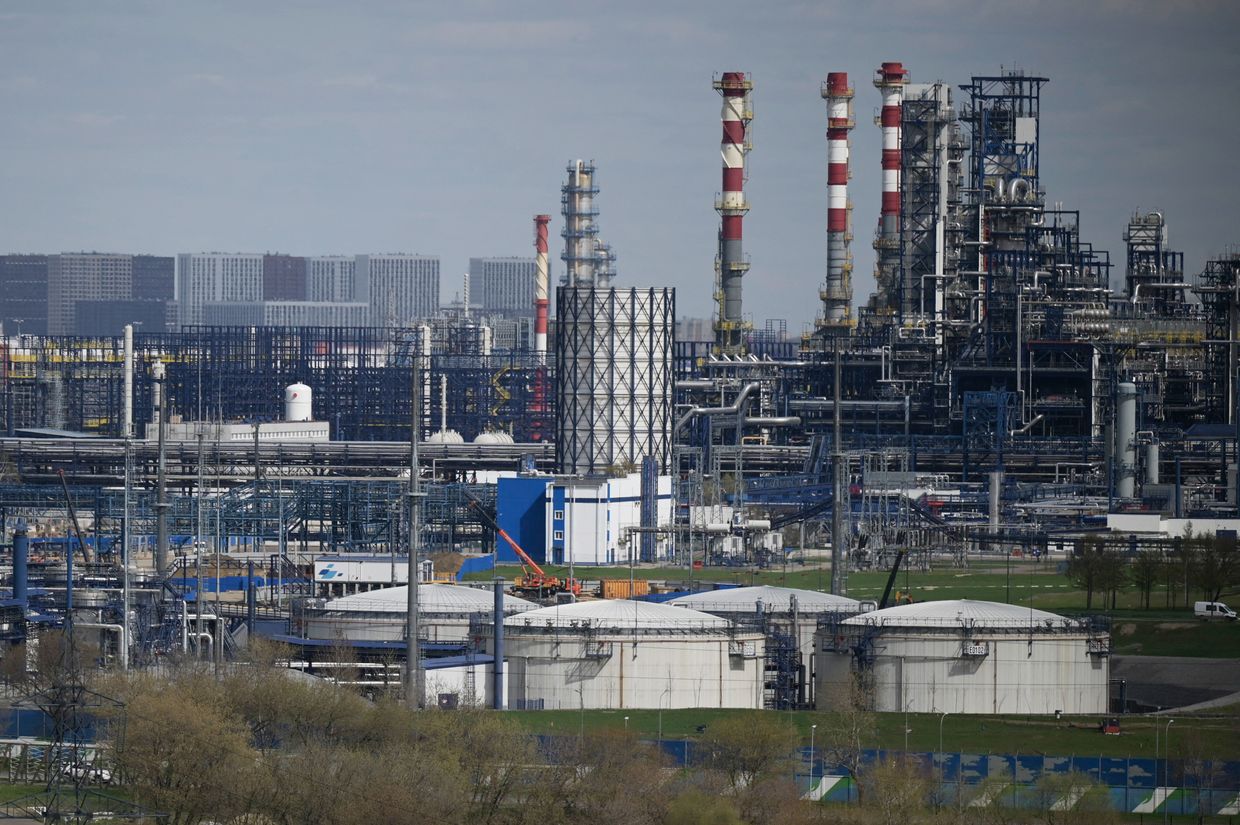IEA recommends 10 steps for Ukraine's energy security ahead of winter.
The International Energy Agency (IEA) on Sept.
19 issued a 10-step action plan to help Ukraine's energy infrastructure tackle the coming winter. The Ukrainian power grid has been heavily damaged during Russian aerial attacks, and it remains unclear how much of the infrastructure can be repaired before the temperatures drop. Energy deficits necessitated rolling blackouts during the summer and autumn, with some officials warning that Ukrainians may have electricity for 6-7 hours per day in the upcoming winter.
The measures recommended by the IEA include "bolstering the physical and cyber security of critical energy infrastructure, expediting the delivery of equipment and spare parts for repairs, (and) accelerating the decentralization of power supply," according to a press release sent to the Kyiv Independent. Kyiv previously said that 85% of Ukrainian energy facilities have been reinforced to withstand further Russian attacks. The international institution also recommended "investing in energy efficiency" and "increasing the capacity to import electricity and gas from the European Union."
The IEA further said that Ukraine should prepare backup options for winter heating, like LPG heaters, and build up natural gas storage levels. Foreign partners should then coordinate their approaches for Ukraine and Moldova, as the two countries' security issues are closely linked. Finally, the organization called for "laying the groundwork for a modern, market-based, resilient and sustainable Ukrainian energy system, well integrated with the EU system."
"The situation in Ukraine is one of the most pressing energy security issues in the world today," IEA Executive Director Fatih Birol said. "Ukraine's energy system has made it through the past two winters thanks to the resilience, courage, and ingenuity of its people and strong solidarity from its international partners. But this winter will be, by far, its sternest test yet."
Russia launched a massive campaign against Ukraine's energy infrastructure in the winter of 2022-2023, causing large-scale blackouts amid freezing temperatures. Another wave of mass attacks came in the spring of 2024, destroying entire power plants along with much of Ukraine's generation capacity.
Why Russia still rakes in cash transporting gas through Ukraine: 4 key charts While Russia's deadly war rages on Ukraine's soil, one unexpected aspect of the invasion is that natural gas continues to flow through Ukraine from Russia, with both sides profiting from the deal and - to an extent - financing each other's war machines.
That is expected to change when their deal ex...
